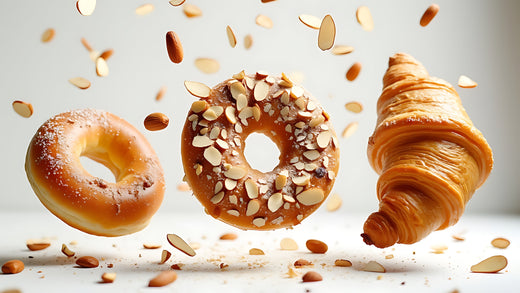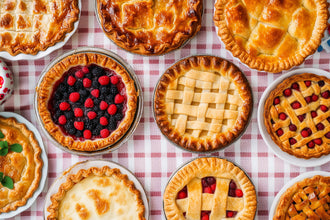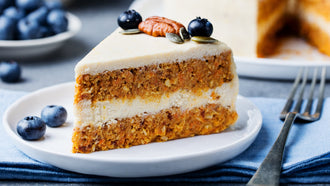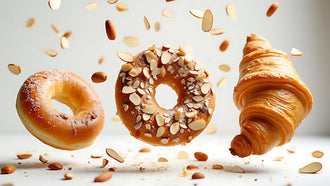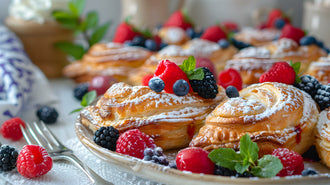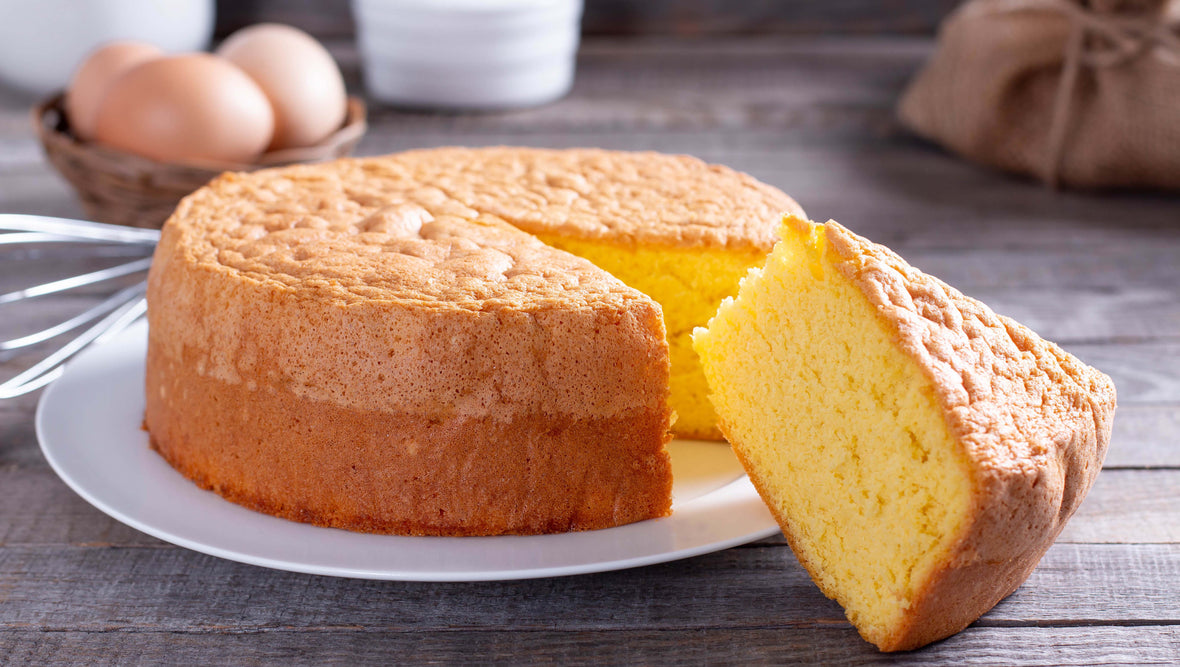
The History of Cakes: A Sweet Journey Through Time
Tanzania Crew
Cakes are more than just delicious desserts—they are a reflection of culture, celebration, and creativity. From ancient rituals to modern masterpieces, the history of cakes is a fascinating story of innovation and indulgence. Let’s take a journey through time to discover how cakes have evolved into the treats we cherish today.
Ancient Beginnings: The First Cakes
The earliest cakes weren’t the sweet confections we know today. In ancient civilizations like Egypt, Greece, and Rome, cakes were more like dense bread, often sweetened with honey and flavored with nuts or dried fruits. Egyptians were among the first to master the art of baking, using stone ovens to create flatbreads that could be considered the ancestors of modern cakes.
The Greeks made a significant contribution by creating early versions of cheesecake, using goat’s milk and honey. They also offered simple honey cakes to the gods as part of religious rituals. In Rome, a cake called placenta was layered with cheese and honey, resembling a primitive lasagna more than a birthday treat.
Medieval Marvels: Spices and Sugar
The Middle Ages saw the introduction of exotic spices like cinnamon, nutmeg, and cloves into European kitchens, giving cakes more complex flavors. During this period, sugar began to replace honey as the primary sweetener, thanks to trade with the Middle East. However, sugar was a luxury, so cakes were still reserved for the wealthy and for special occasions.
By the late medieval period, bakers began experimenting with yeast, creating lighter and more delicate cakes. One notable creation from this time was the fruitcake, which became a staple for holidays and celebrations.
Renaissance Revelations: The Birth of Modern Cakes
The Renaissance ushered in a golden age of culinary arts, with refined techniques and ingredients transforming cakes into works of art. The discovery of leavening agents like beaten eggs led to the creation of spongier cakes. In the 16th century, sugar became more accessible, allowing cakes to become sweeter and more elaborate.
This era also saw the rise of iced cakes, with bakers using sugar and egg whites to create smooth, decorative glazes. These developments laid the foundation for the frosted cakes we adore today.
18th and 19th Centuries: Technological Transformations
The Industrial Revolution revolutionized cake baking. Advances like temperature-controlled ovens and the invention of baking powder in the mid-19th century made cakes more accessible to the average household. These innovations allowed bakers to create light, fluffy cakes without relying on lengthy processes like beating eggs by hand.
Victoria sponge, named after Queen Victoria, became a beloved dessert during this time. It featured layers of sponge cake filled with jam and cream, epitomizing the era’s love for delicate, refined pastries.
20th Century: Creativity Unleashed
The 20th century saw an explosion of creativity in cake making, driven by both new technology and changing tastes. Electric mixers, prepackaged cake mixes, and the rise of food coloring made baking easier and more accessible to home cooks. Meanwhile, professional bakers pushed the boundaries with elaborate wedding cakes and themed creations.
Celebrations like birthdays, weddings, and anniversaries became synonymous with cake, thanks in part to the popularization of the frosted birthday cake adorned with candles—a tradition that originated in Germany.
The Modern Cake: A Blend of Art and Science
Today, cakes are as much about artistry as they are about flavor. Techniques like fondant sculpting and airbrushing allow bakers to create dazzling designs that double as edible art. Meanwhile, trends like vegan, gluten-free, and low-sugar cakes cater to diverse dietary needs without compromising on taste.
From viral drip cakes to minimalist naked cakes, social media has turned cakes into a canvas for personal expression. Shows like The Great British Bake Off have also reignited a global passion for home baking, making cake-making a beloved hobby for many.
Conclusion
The history of cakes is a testament to human ingenuity and our enduring love for sweetness. From ancient honey breads to multi-tiered masterpieces, cakes have evolved alongside us, marking our milestones and bringing people together. Whether it’s a simple slice of chocolate cake or an extravagant wedding creation, each bite carries the legacy of centuries of innovation and celebration.
So next time you enjoy a piece of cake, remember—you’re partaking in a rich tradition that has delighted humanity for thousands of years.



